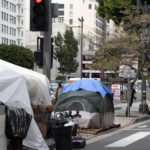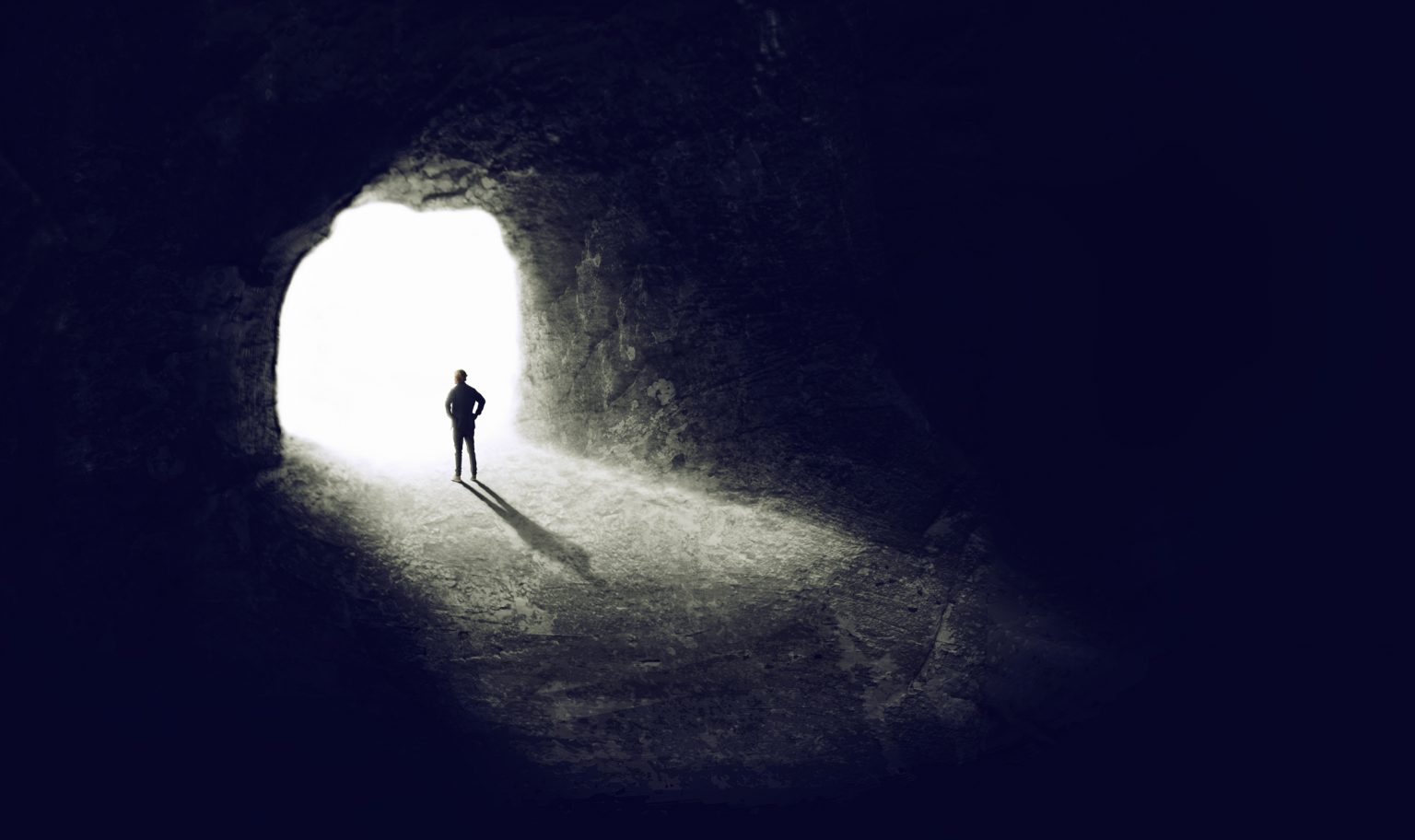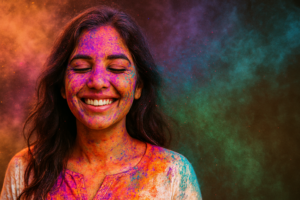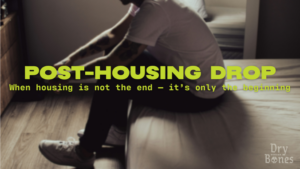American author, Joseph Bayly wrote, “Don’t forget in the darkness what you learned in the light.” A statement intended to give us courage in hard times, reminding us that the truths we knew in the light still hold true in the darkest of times when they are harder to see and feel. Words to give hope.
But what if we shifted that sentiment?
We are halfway through 2020. January came with its usual somber chill. But we knew spring was just around the corner and with it would come warmth and growth and gathering. This spring however, brought us a different picture. Rather than the welcome we had become accustomed to, spring came rolling in with a global pandemic. Instead of excitement for the new and warm and beautiful, we were met with fear and isolation. Darkness.
And then, while we were captured in our homes, unable to move away from the social media and news outlets that had kept us company these past months, we watched in horror and sorrow as a human life was snuffed out. Right before our eyes. As the days since have unfolded, the devastation of systemic racism that has long plagued our land exploded. Darkness.
In the darkness of the pandemic, unexpectedly, the view changed. Suddenly that which we didn’t want to see, those without a place to live were in plain sight. Previously, they had been swept aside and moved to the dark corners. If we don’t see them, then they and the underlying injustice don’t exist, right? But the pandemic brought our houseless friends out into the open.  Their camps moved to places that were safer and closer to services. Sweeps subsided. There they were, for all of us to see. In the lawns of churches, the green ways of common streets and packing the parks. In the darkness of the pandemic a greater darkness, a deep societal brokenness was brought into the light. In our city alone thousands of souls in plain sight that we are more comfortable not seeing.
Their camps moved to places that were safer and closer to services. Sweeps subsided. There they were, for all of us to see. In the lawns of churches, the green ways of common streets and packing the parks. In the darkness of the pandemic a greater darkness, a deep societal brokenness was brought into the light. In our city alone thousands of souls in plain sight that we are more comfortable not seeing.
In the same way, a cell phone recording of a black man’s life being ruthlessly ended brought into clear undeniable view that which we wanted to believe didn’t exist; the continued brutality of systemic racism. And as the days unfolded, so did countless stories – stories that, in the busyness of pre-pandemic life, we found so easy to turn away from.
Are we learning something in this darkness? Will we admit there is work to do? Work in which we can and must participate?
We must choose today to move outside of the framework we have created to feel safe and comfortable. Our efforts must be creative and courageous as we seek to know the experiences of others outside of our own tunneled vision.
Spring will return. When it does, my prayer is that we will be passionately involved in working towards deep systemic changes in our country.
Do not forget in the light what you learned in the darkness.
For more information on ways you can partner with Dry Bones in supporting street connected and houseless youth → resource link.
For additional information on ways to listen, learn and act on the issue of systemic racism in our country → resource link





